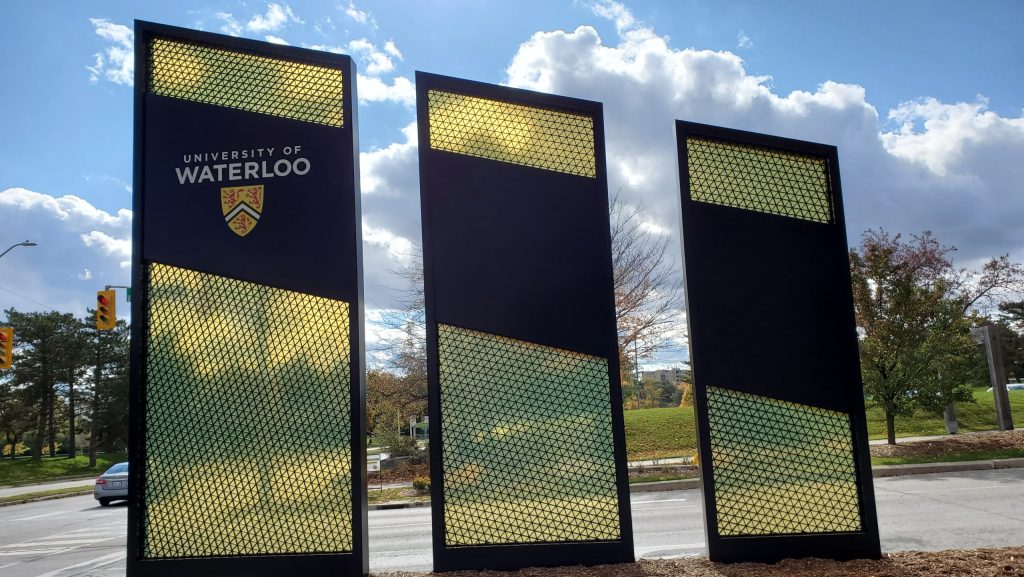UW researcher invents hydrogel, helps mend broken hearts

Posted Feb 12, 2024 10:14:40 AM.
Last Updated Feb 12, 2024 10:14:46 AM.
A local chemical engineering researcher has contributed to a biomedical invention.
Dr. Elisabeth Prince and a team of researchers at the University of Toronto and Duke University have manufactured a new hydrogel that can repair damaged hearts from heart attacks and improve cancer therapies.
The synthetic material, made of cellulose nanocrystals derived from wood pulp, replicates the properties of human tissues, which can then be used to help promote the growth of small-scale tumour replicas created from donated tissue.
Most gels currently used don’t possess the same nanofibrous architecture.
Researchers will use the larger model tumours to test various cancer treatments and explore whether they can tailor therapy to the specific needs of patients before administering the treatment.
“Cancer is a diverse disease and two patients with the same type of cancer will often respond to the same treatment in very different ways,” said Prince. “Tumour organoids are essentially a miniaturized version of an individual patient’s tumour that can be used for drug testing, which could allow researchers to develop personalized therapies for a specific patient.”
Prince added that this research builds on the work she started during her PhD. According to Prince, her research group at UW is “developing similar hydrogels to be injectable for drug delivery and regenerative medical applications.”
The work has since been published in the Proceedings of the National Academy of Sciences.








